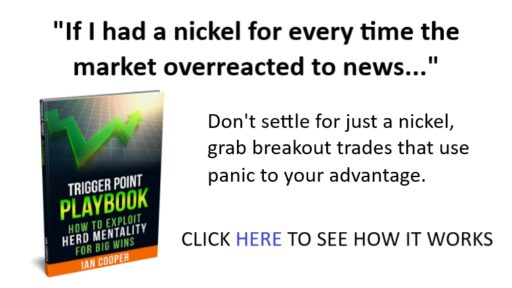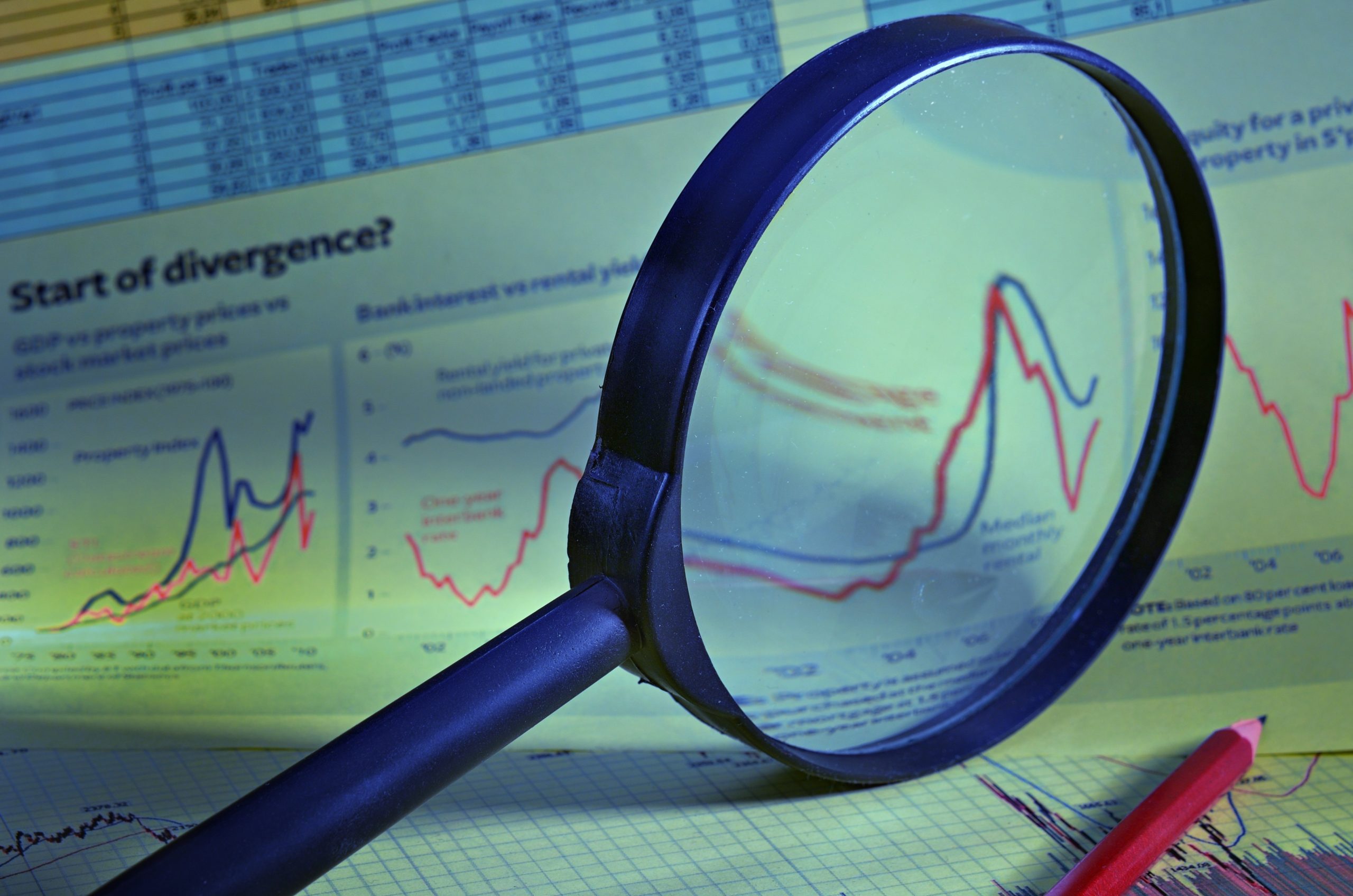by Peter McKenna
A great benefit of event trading is that it sets you free from the expense of relying on the so-called market experts, the analysts, brokers, pundits and commentators who assure you they can pick the right stocks to buy and tell you where the market is heading in the future, for a fee.
To truly commit to an event-trading strategy, you must understand that the professionals are in business to make money. They clearly demonstrated during the bull market that the interests of small investors were the last of their concerns. In fact, to keep the wheels of the bull market turning, they invented something entirely new in the stock market; the concept of buying stocks of nearly worthless companies, simply because these companies “could” someday turn out to be profitable. They encouraged investors to buy any stock with a dot.com in its name, particularly companies that had anything to do with the Internet or its supporting infrastructure. This strategy violated the tenants of responsible investing. It was used to enforce the idea that the Internet was our salvation, and thus keep the market rolling.

A basic knowledge of the economy and the reasons the market reacts as it does to economic news can free you from the tyranny of these people. Here’s an example of the way event-trading education can produce this independence.
Let’s go back in time to Sunday, September 29, 2002. Monday will be the last day of the third quarter, and it had been a terrible quarter. In fact, if the S&P 500 closes down 15% on Monday, the third quarter of 2002 will go down in history as one of the worst quarters in the past 50 years.
Investors were faced with the following situation: We are in the worst bear market since the period from 1929 – 1932. All the major indexes are in the red. The NASDAQ has fallen for six straight weeks and is now at a six-year low. Institutions are not stepping up to buy stocks, and mutual fund redemptions have reached record highs. Daily trading volume on all exchanges is well below average. Earnings season had begun recently and the results were dismal. Analysts have lowered their earnings estimates for many important tech companies.
When the market opens on Monday, every investor in the country, both professional and amateur, will ask the same questions: What happens now? Should I buy, sell or hold? How do I make money?
To answer this question, the professionals have the best help money can buy at their disposal. Brokerages pay generous salaries to in-house economists and analysts who use sophisticated, computer-driven research tools to find good stocks and predict market direction.
Most small investors do not have this advantage. They are spread across the country, trading from computers in their homes and offices. Some of these investors make decisions based on a “hunch”, or a “feeling” that the market will go up or down. Others rely on a more intelligent approach… getting information from financial television stations, newspapers, magazines, newsletters and web sites. These financial advisory businesses rushed in to fill the void when small investors fled from full-service brokerages during the bull market. As the market raged, with a vast majority of stocks going up almost daily, small investors decided they no longer needed the expensive buy-and-sell recommendations provided by full-service brokerages. Instead, they turned to discount brokers and the ever-growing number of independent financial advisory services.
The research used by the professionals is sophisticated, the best money can buy… yet it still will be correct less than 50% of the time. No system in history has yet been able to predict market direction over the long or short term with anything approaching to total accuracy.
The research used by amateurs is another matter. Continuing back in time, before the market opened on Monday, September 30, I read through just 25 of the hundreds of investment newsletters that offer market direction advice. Roughly half of them offered the following prediction. The market is forming a double-bottom and will soon go up. Then a few predicted that a new bull market would soon get underway. The last half took the opposite view, saying that poor earnings results and the threat of war would send the market down to historic lows. They predicted nothing but gloom for several months ahead.
The advice coming from the “experts” on televisions was equally as confusing. During one week in late September, a popular cable financial news show offered viewers the opinions of five different market professionals. Three of them predicted a new bull market and two predicted an impending disaster. Two of the experts who told investors to brace themselves for a new, raging bull market were fund managers with large holdings in beaten-down tech stocks. These managers desperately wanted investors to start buying these stocks again, driving prices upward. One of them was a short-seller, a trader who makes money when the market declines.
All of these expert predictions were wrong! The market ended up moving sideways for a lengthy period of time. Here’s a dose of reality for small investors: you do not need to pay expensive fees for confusing, tainted advice. All you need is a basic understanding of the workings of the economy, and hence the market. That is all you need to begin understanding market behavior and to make your own investment decisions. This knowledge will set you free!











Recent Comments